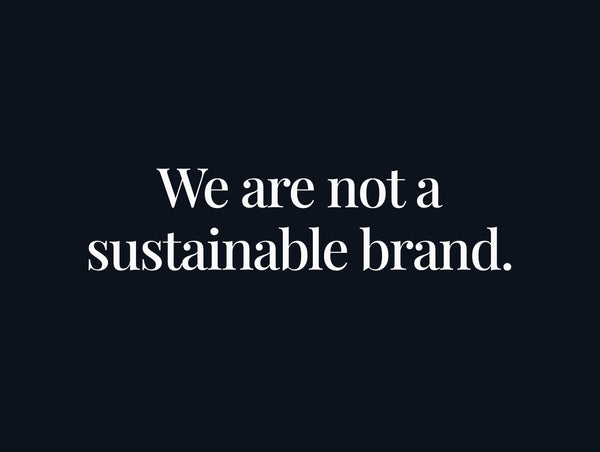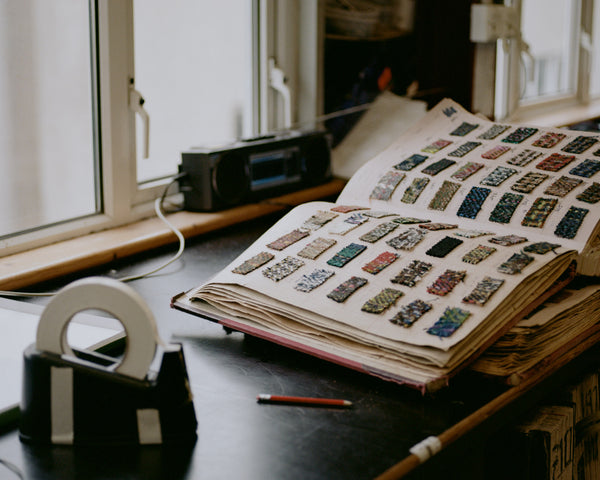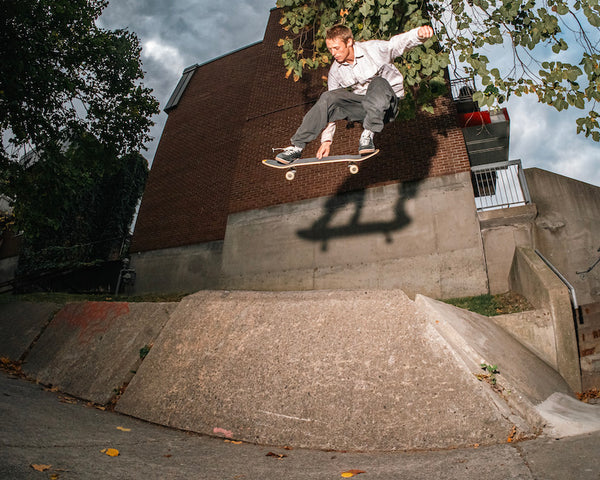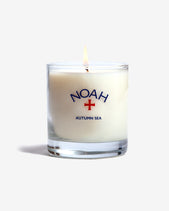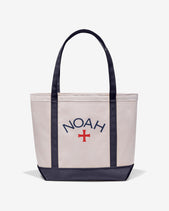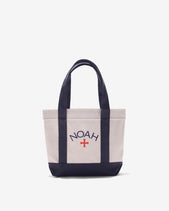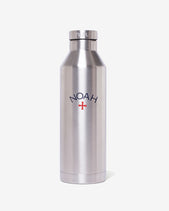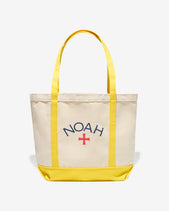
Max Thompson works in finance by day, and runs about 30 to 50 miles a week, despite his busy job schedule. He started running during his teenage years in Ohio, first doing cross-country before joining the football team as a tight end.
He put his football days behind him when he went to Indiana University and started running again. At first, it was a way to to work out, but the friends he met along the way helped make it an important part of his life. He ran his first marathon—Cincinnati’s Flying Pig—during his junior year.
He was introduced to the concept of ultramarathons through a friend who was training for the Leadville Trail 100, which is exactly what it sounds like: a hundred-mile race. Since then, Max has done a few ultras—pretty much any marathon that goes over the standard 26-mile length. He's currently training for his first 50-miler, and plans to run his first 100-miler next year.
Last year, Max also helped put together Noah’s first Cannonball Run—a race that was a lot less than a hundred miles, but built around the idea of making running fun while supporting a good cause. We spoke to Max about balancing running with work, how he discovered Noah, and how many miles he’s put into his go-to pair of running shorts.

What’s your job right now?
So I work in finance. So I work a pretty busy schedule. But, you know, it's something that kind of just need to find time for. I do work a pretty busy schedule, but it's something that I find time to do before, or after ... sometimes I even run in my work clothes... if I really feel the need to.
Is there a certain set number of miles you try to put in everyday?
It's more of a weekly thing for me. Right now, I don't really have many races coming up on the horizon. I think I might try and run a 50K in May, if anything. Right now, I think my biggest focus is just keeping good base mileage. On the lower end—30, on the higher end—5, so that when I decide I want to start training with more intent, I can jump back into it right away.
How often are you running?
Given my schedule, a lot of it is back-loaded onto the weekend. So, I'll probably hit a good, long run on Saturday, a decent run on Sunday, and then try to get one or two good base runs in per day over the week.

You've started training for ultramarathons—races that can last anywhere from 32 to 100 miles. How do those work? Is it all in one day or are there different stages?
I started running ultras December of 2017. I've done three 50-kilometer trail races, which are 32-milers. Those are a little different because they mimic more of a marathon style of race because they're short enough to be competitive. The 100-milers or the 50-milers are all in one day, but they're structured a little bit differently.
It's really an operational trip as much as it is an athletic trip, because you just have so much support in terms of getting you the right kind of nutrition, changing gear, having support from aid station to aid station, and understanding the terrain over a hundred miles that you're going to be traveling.
What are some of the fundamental differences between training for a marathon and an ultra?
Generally speaking, for marathon training, a lot of the times you're training for speed. So your workouts consist generally of some really good base mileage runs, and you incorporate speed work into that. And then it usually has one or two long runs incorporated per week.
Ultramarathon running is a little bit different because you really have to pay attention to what the elevation profiles are where you're running, how much vertical gain you're going to have, what the terrain is. Incorporating vertical training is really pivotal, because if you're training for an ultra that has seven or eight thousand feet of vertical gain in it, and you're just running 60 or 70 miles on a flat trail, the muscles in your legs aren't going to be conditioned to handle the thousands of feet of vertical gain.
It's just fundamentally a different environment. The reason I fell in love with these trail runs and ultramarathons is the community of runners. It was just a night and day difference compared to what I experienced in all of the road races I went to.
Road races were a bit more competitive; a little bit more impersonal. People were very much there to set personal records for themselves and compete against other people. But in these ultra marathon races, the change in culture and the change in energy is palpable, because people are competing against themselves, generally speaking. Finishing the race on its own is a win.
It seems like you're the type who is more competing with himself than with everyone else.
Right, and that's the biggest thing for me. I want to make it clear: I'm not the most talented runner, I'm not the most gifted runner, but what running has provided for me, in terms of community, in terms of friendship, and in terms of what it’s done for me mentally and as a person, has just kind of centralized it in my life as something incredibly important. Ultra running, for me, became less of this competitive sport and more of a sport to better myself and to join a community of people who are bettering themselves, which was a little bit different than the competitive environment of marathons, half-marathons, and even triathlons.
In a way, Noah is a brand that's very much about trying to maintain its own pace and do better with each step. How’d you discover it?
Yeah, absolutely. I had always kind of been attuned to what was going on in the fashion and streetwear space and things like that. I had my ear to the ground as to what was going on. What kind of had it stick for me was the clothing was phenomenal, but once I read the blog it became pretty clear to me that for Noah, clothing was a vehicle to do better in a number of different communities.
It was so palpable for me that Noah was a culmination of the passion and interests of its members. There are so many things that generally mix like oil and water, but it works so perfectly with Noah because it's just so genuine. Like the culmination of punk rock music and new wave music with running and surfing—these are things that touch so many different cultures, but they tie together so well, and the people there embody that.

You're probably one of the few people that has really put a lot of the more performance-oriented Noah gear to the test. How would you say it like sort of holds up to things you've previously run in?
I have this pair of swim trunks I bought in the summer of 2017, and I've run in two ultramarathons in them. I've probably put over a thousand miles into them. I've washed them, I’ve brought them to Germany, I've worn them for like everything, and they still look like I bought them yesterday.
I have two pairs of these swim trunks, and they’re all I wear. I’ve had running shorts that come and go—they’ll pill, or the liners will wear out. I've worn these just as much for running, as I have casually, and they still hold up. I was so intrigued that they could take that much of a beating on the trails and on the road. It’s phenomenal to me that a short that maybe wasn't necessarily designated to run in became my go-to running short.
For guys especially, the clothing we have develops sentimental value as we wear it. The stories that we put into them make them mean more. Is that sort of the relationship you have with these swim shorts?
Oh, absolutely. It's not only where I've been with them, but what I've been through, in terms of training, getting through races, and where I've been in different seasons. These shorts have seen it all, and they've been through it all. Not only have they held up, but they've really "seen" all aspects of my running and what running has kind of become for me.

How’d you come up with the idea for the Cannonball Run?
I had run a good amount of races before I moved to New York, and one of the things that I always noticed—and one of the things that is just kind of inherent in the racing community—is that races are very expensive just to sign up for it as a participant.
A lot of those costs go to a number of different things like working with the city, having the money necessary to kind of like put on an event like that, having bathrooms, food, payroll, and those are all very expensive, so the high cost is justified.
I always had this idea: If you could eliminate a lot of the frills and extra aspects of road races, you could get back to what it was all about; building this community of runners. You’d have them get together for one common cause—which is the race itself. You could take all the money spent on those extra frills and actually do some good with it.
So for the Cannonball Run, we didn't take an entry fee. The only entry fee we took was an article of warm clothing for donation. Because it was such a low-budget operation, we had leftover money to make a donation to a good cause. When you trim the fat of what a race really is, you can get the benefit of a community, and get the benefit of friendly competition, and do some good along the way. It was great to see that.
What was the charity that the money got donated to?
So the winner of the race had his choice of where the money would be donated to. The charity it went to was the Neighborhood Charter School of Harlem. believe it specifically helps children with special needs and autism, to help them integrate into more social situation and things like that.

How did it feel to see all those people come out and participate?
It was so great to have so many people across New York City kind of like congregate on that Saturday morning, from all different walks of life getting to know each other. It was the community aspect to the perfect degree—exactly what I was hoping for.
Did it occur to you that there was something kind of punk about the approach? That idea of just getting people together to run from one destination to another with no set path?
Yeah, exactly. That was the whole point. If we don't have that many people, and people don't care about what the exact course is, we don't need permission from the city to have our own race. We can just do it ourselves.
We're getting back to what this was all about: community, friendly competition, and doing good by where we live by doing what we love. And that's exactly what this was.
There were also T-shirts though, right?
Brendon wanted to have race T-shirts, but we didn't do race T-shirts like everyone else. We didn't have any sponsors on the back. We did them the way we wanted to do them. We did the trophy the same way.
What else would you like to do in the future? What potential do you see to do more good for the community and get them excited about common causes?
This first time around was a great test run of what we are capable of doing as an organization. Moving forward, I'd like to tweak it a little bit and change it so that, instead of taking warm clothing for donation, I'd like to have everybody make a donation at the beginning of the race.
So the entry fee will actually be a donation to a pot, and each racer will take all of the combined funds from the donations from each racer. And assuming we have a different winner each race, we'll be able to help causes and benefits all over New York City.
There's no easier way to help the people around by doing what you love, and the Cannonball Run is exactly what that will do.





